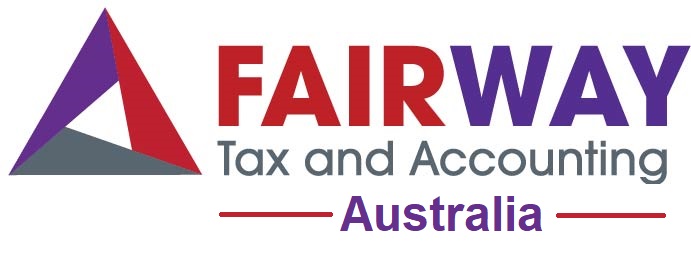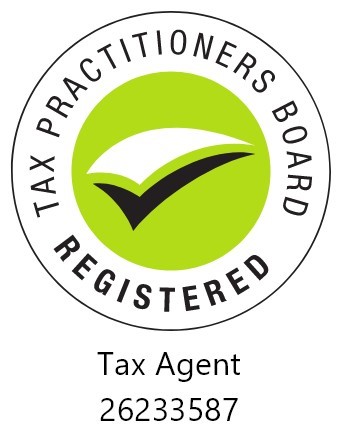Overview
Back in March 2024 the previous UK Government announced plans to remove the concept of non-UK domiciles and to move from the Remittance Basis of Taxation to the new Foreign Income and Gains “FIG” regime.
The new Labour Government confirmed it would retain these plans and 30th October’s Autumn Budget document release provided the draft legislation on how this significant change is expected to work, along with some transitional measures, which offer non-UK domiciles currently residing in the UK, some tax planning opportunities as recompense for the loss of the Remittance Basis.
Recap on the Remittance Basis
The default position for all UK-resident taxpayers is that they are subject to UK tax on their worldwide income and gains in the Arising Basis. That means that foreign income and gains are taxable in the UK whether or not they are brought or remitted to the UK.
Under the current legislation foreign-domiciled taxpayers residing in the UK can choose to claim the Remittance Basis of taxation, so that the UK only taxes foreign income and gains when they are remitted to the UK. Where unremitted foreign income and gains in a tax year exceed £2,000, there is a cost to this claim (the loss of the UK Personal Allowance and CGT Annual Exempt Amount) and the taxpayer can choose whether the arising or remittance basis is best on a year-by-year basis.
Once the taxpayer has been resident in the UK for 7 years, there is an additional cost to the claim, in the form of the Remittance Basis charge.
From 6 April 2025, the Remittance Basis will cease to exist, and instead qualifying taxpayers will be able to utilise the FIG regime.
For taxpayers that have claimed the remittance basis in any tax year up to and including 2024-25:
- Any previously unremitted amounts will continue to fall back into charge when remitted to the UK – so taxpayers will need to continue to track their previously unremitted foreign income and gains
- The Temporary Repatriation Facility “TRF” will provide a tax planning opportunity for those wishing to remit their previously unremitted foreign income and gains to the UK in 2025-26, 2026-27 or 2027-28*
- For foreign assets held on 5 April 2017, gains on disposals on or after 6 April 2025 may be rebased, potentially achieving a significant tax saving*
*Please see our separate article on the Temporary Repatriation Facility and Rebasing of Assets
The New Foreign Income and Gains “FIG” Regime
From 6 April 2025 the FIG regime will replace the Remittance Basis. Taxpayers will have the option to claim the FIG regime treatment for the first 4 years of UK-residence (under the Statutory Residence Test) following a period of 10 consecutive years of non-UK residence.
So, taxpayers already in the UK, who were resident in the UK prior to 2022-23 will not qualify.
If the FIG regime is claimed qualifying foreign income and gains (broadly that arising from 6 April 2025) will be able to be brought to the UK without UK tax being charged on it. If the FIG regime is not claimed, the taxpayer will be taxed on the Arising Basis in the UK. However, the claim will result in the loss of the UK Personal Allowance and CGT Annual Exempt amount, so taxpayers will have to evaluate the best option for them.
The FIG regime must be claimed in the UK Self-Assessment tax year within 12 months following the 31 January following the end of the tax year to which the claim is being applied. The claim must specify the foreign income and gains to which it applies.
Overseas Workday Relief Changes – Foreign Employment Election
As part of the changes, the current Overseas Workday Relief, which allows employment income relating to foreign employment duties for non-UK domiciled taxpayers to be exempted from UK tax when kept outside the UK for the first 3 years of UK-residence, will be extended to the first 4 years of UK-residence, to align it with the new FIG regime.
Under the new Foreign Employment Election, there is no need to keep the income arising from foreign employment duties outside the UK and the relief is limited to the lower of:
- 30% of the relevant qualifying employment income and
- £300,000
The election must be made in the Self-Assessment Tax Return and the deadline is 12 months after the 31 January following the end of the tax year to which the claim applies.
Summary
Non-UK domiciled taxpayers already in the UK or planning to move to the UK should consider how these changes impact their tax position. Your Fairway Team would be happy to advise you on how to maximise the positives and minimise the negatives of these significant tax changes.
DISCLAIMER: The following information is based on published Government policy papers and draft tax legislation. These measures will not become law until enacted, through the legislation passing both Houses of Parliament and receiving Royal Assent. It is possible that the draft legislation may be altered in its passage through Parliament.



